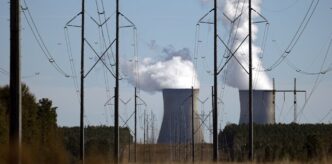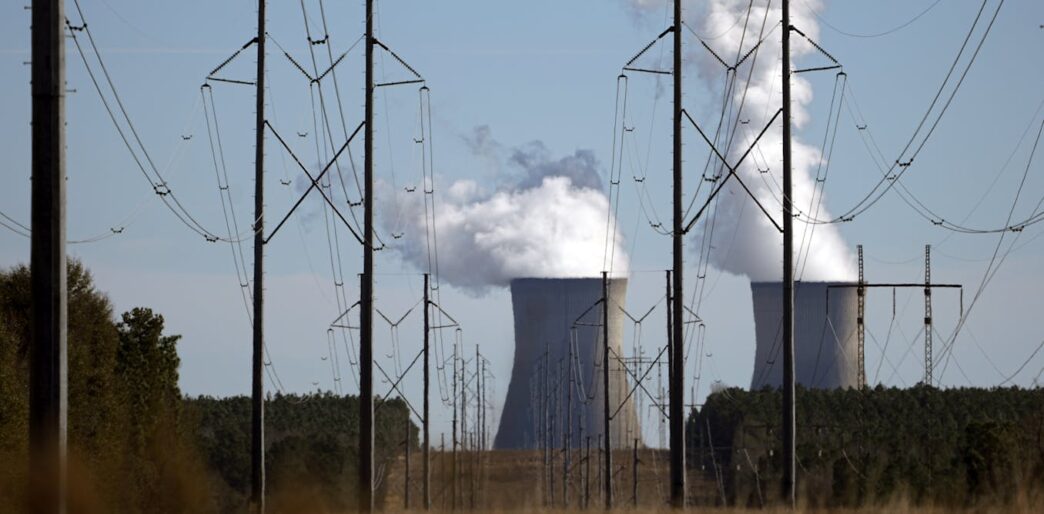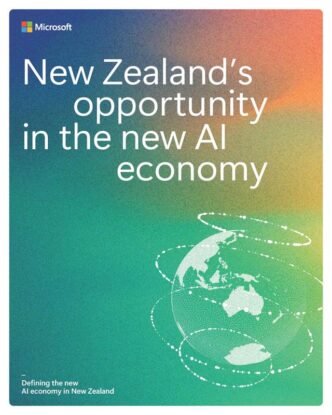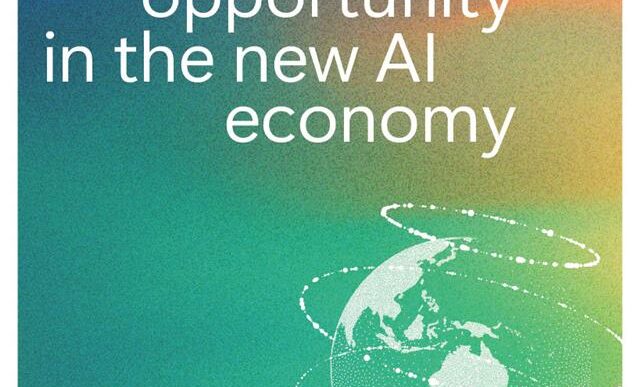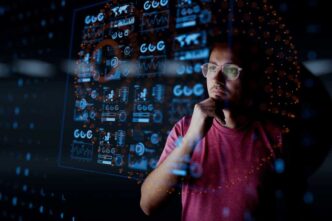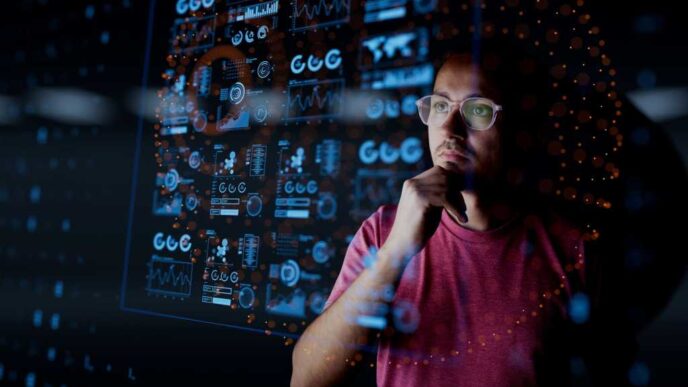Big Tech is banking big on nuclear power to fuel AI’s huge energy appetite.
Meta, Google, Amazon, and Microsoft are locking in multi-billion-dollar deals with nuclear power operators. Google plans to buy new reactors from Kairos Power. Amazon teamed up with Energy Northwest and Dominion Energy for advanced nuclear tech. Microsoft committed to restarting the Three Mile Island plant for 20 years.
AI demands insane electricity. One Google search uses as much power as a light bulb on for 17 seconds. A single ChatGPT query is like 20 minutes of that light. Generating one AI image can burn as much energy as charging a phone 6,250 times or keeping the light bulb on for 87 days straight.
Renewables can’t keep AI data centers powered 24/7. Fossil fuels run full-time but carry pollution and price risks. Nuclear delivers constant, clean, low-cost power — perfect for AI’s nonstop grind.
Nuclear has hurdles: cost and build time. A 1.1-gigawatt reactor can cost $7.7 billion or more (Vogtle units 3 and 4 in Georgia hit $36.8 billion). Construction averages over 7 years. But Big Tech guarantees long-term electricity purchases, cutting the risk for utilities.
Some tech companies now own or locate data centers right next to nuclear plants. They’re betting nuclear will meet AI’s spiraling energy needs.
Nuclear safety and environmental impact beats coal, gas, solar, and wind. It produces very low CO2 and far fewer deaths per gigawatt-hour. Yet stigma persists over waste and disasters.
Existing nuclear waste storage has safely worked for decades. And despite the Fukushima disaster costing $188 billion, no deaths from radiation exposure were found by the UN.
Nuclear power plants also take a long time to build. A 1.1 gigawatt reactor takes, on average, 7.5 years in the U.S. and 6.3 years globally. Projects with such long timelines require confidence in long-term electricity demand, something traditional utilities struggle to predict.
To solve the problem of long-range forecasting, tech companies are incentivizing power providers by guaranteeing they’ll purchase electricity far into the future.
While many public concerns remain about nuclear waste, existing storage solutions have been used safely for decades and are supported by a strong track record and scientific consensus.
Similarly, while the Fukushima disaster in Japan displaced thousands of people and was extremely costly, not a single person died of radiation exposure after the accident, a United Nations Scientific Committee of 80 international experts found.
World Bank just lifted its ban on financing nuclear projects. Big Tech now classifies nuclear as green energy.
The AI boom could revive nuclear power as a safe, clean, and reliable backbone for next-gen computing.
This gamble could flip old nuclear narratives and reshape the power grid to fit AI’s monstrous energy needs.
